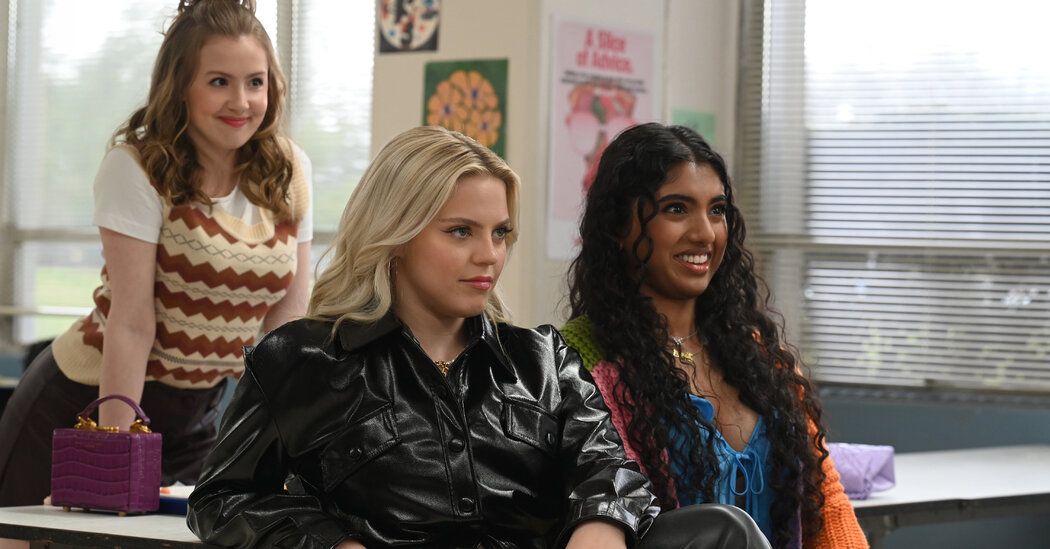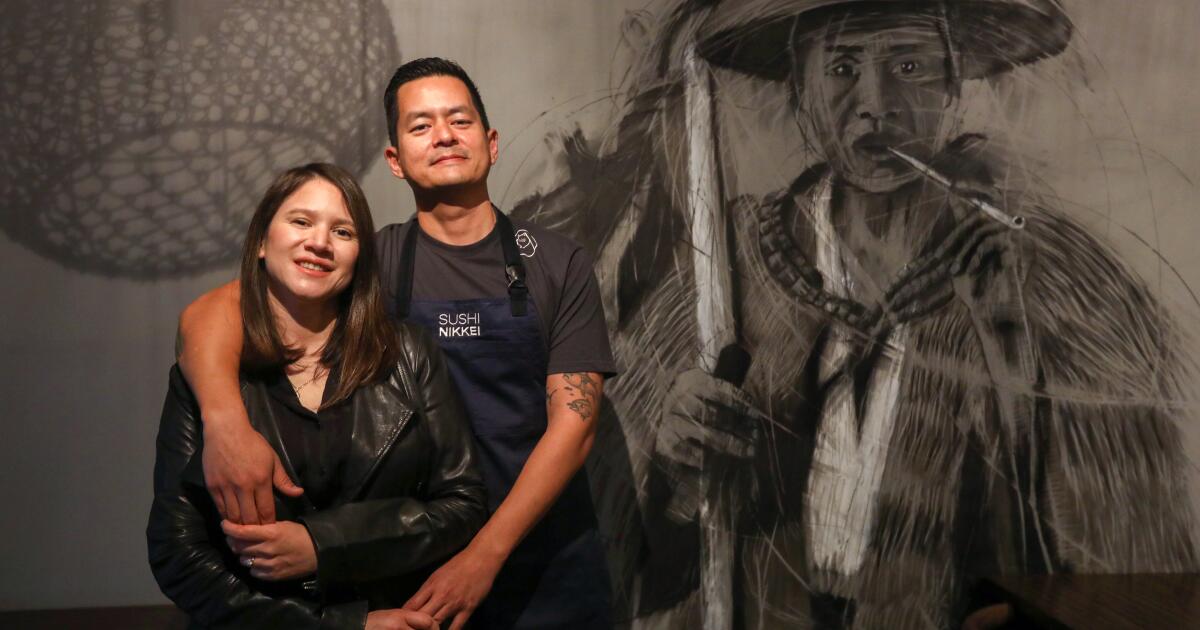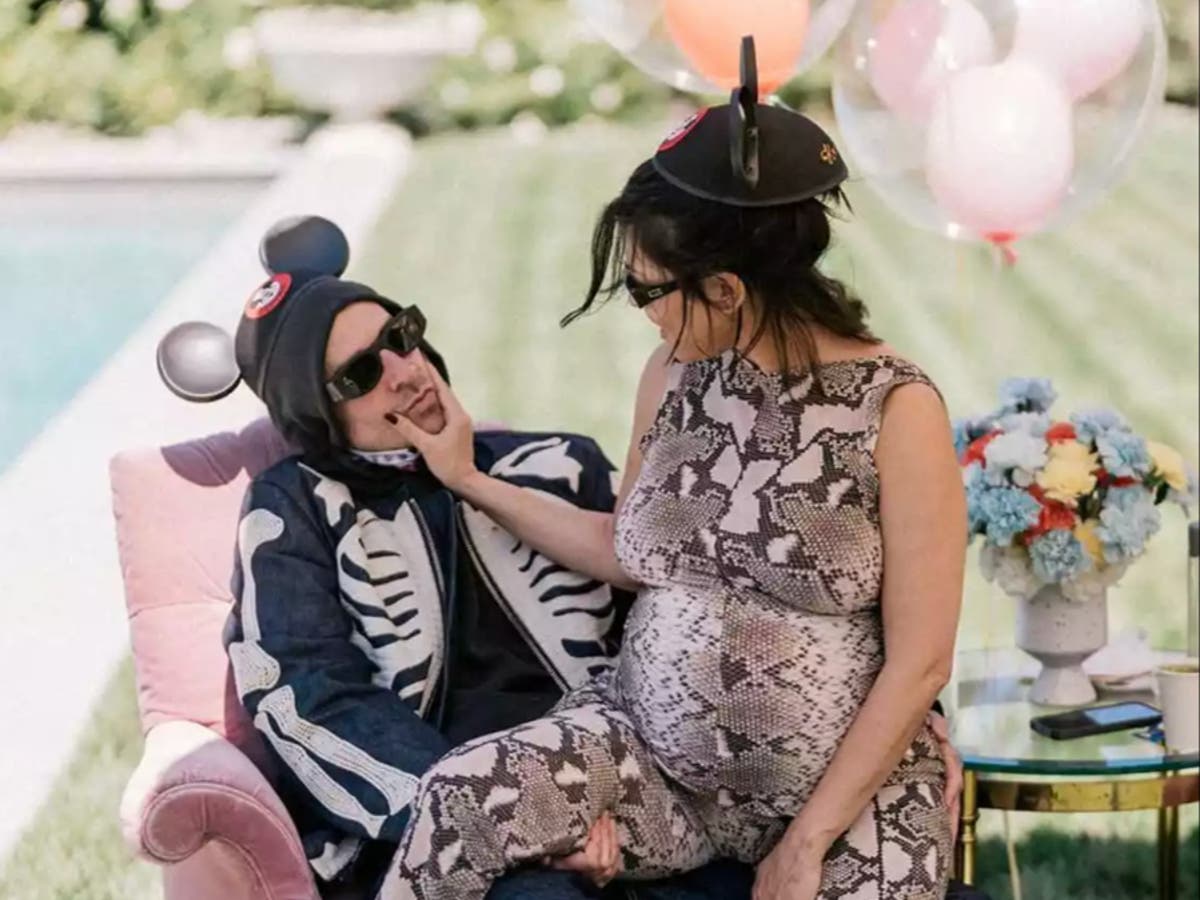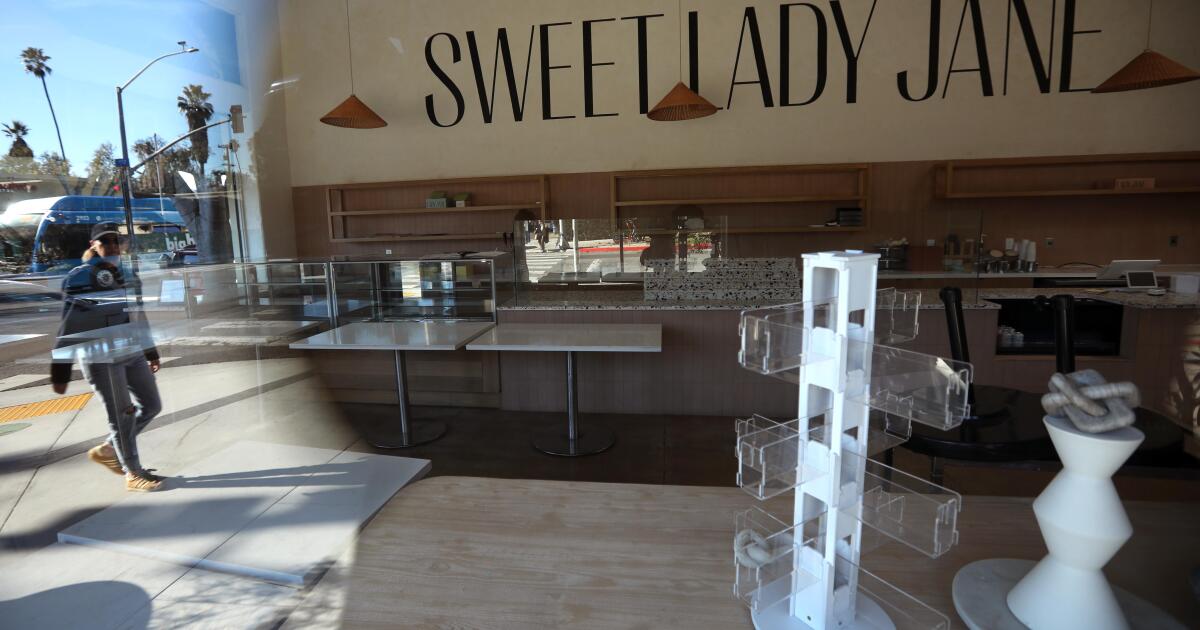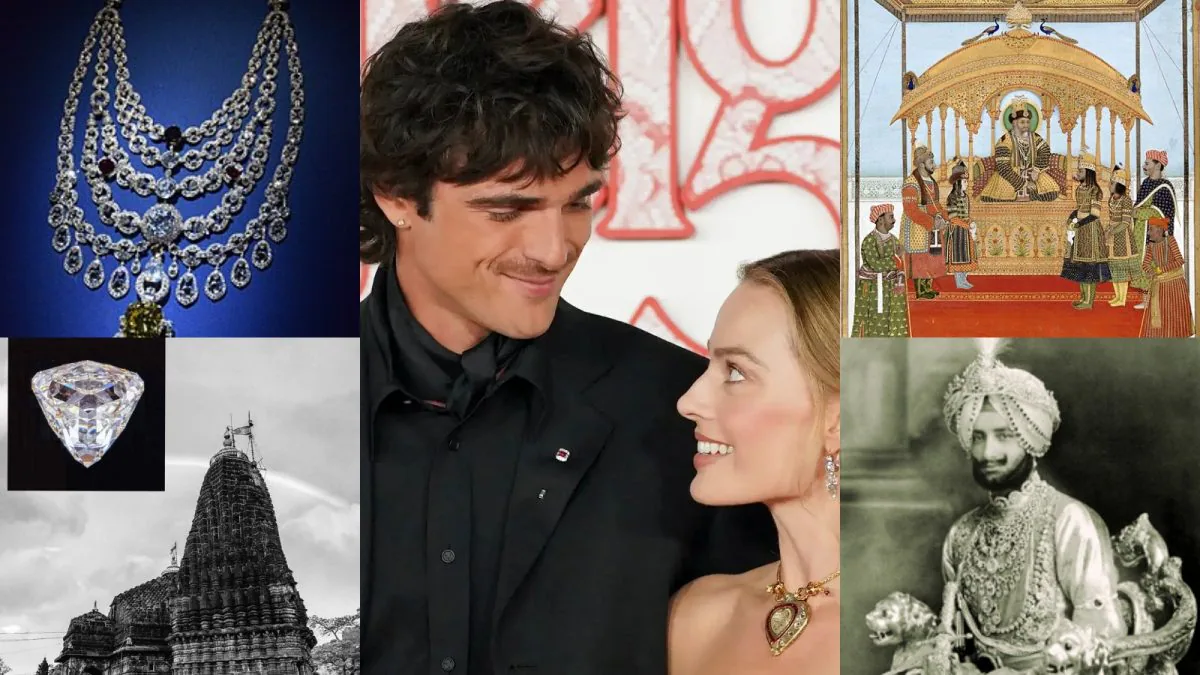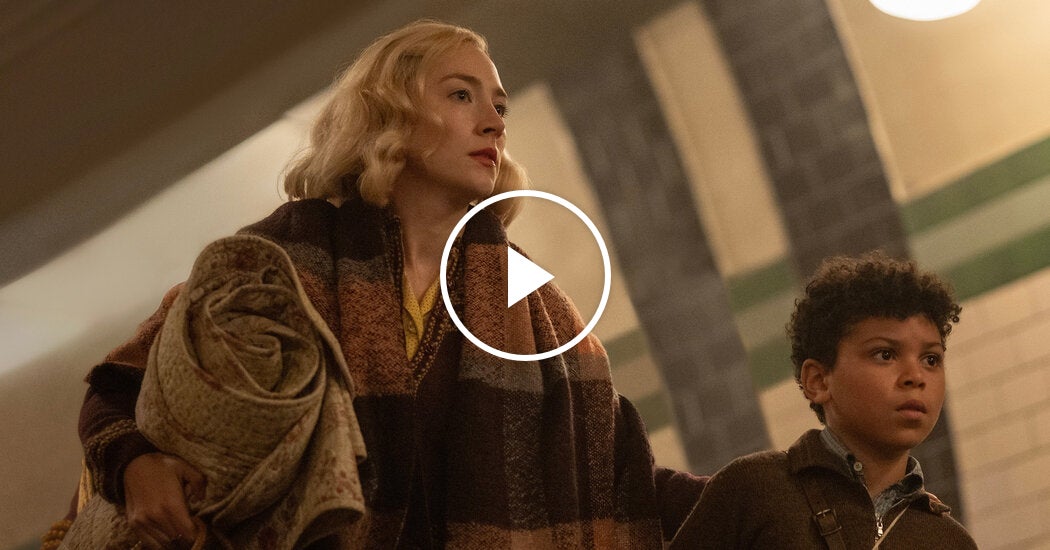Regina George has a secret. She sings.
Despite what its marketing may suggest, “Mean Girls” (in theaters), the latest in a series of pink-trimmed nesting dolls, is irrefutably a movie musical. Adapted from the 2018 Broadway musical, which in turn was based on the 2004 film, which in turn was inspired by the 2002 nonfiction book “Queen Bees and Wannabes,” this new version has singing. It has dance. It has a delightful moment where members of the school marching band raise their saxophones and tubas high.
Barring a split-second shot of the band, you wouldn't know it from the movie's trailers. The first trailer, from November, set to “Get Him Back!” by Olivia Rodrigo. – Does not include original music. Instead, it was made to look like a vaguely edgier remix of the 2004 film.
The second trailer, which arrived on January 3, offers a line or two from “Meet the Plastics” and then gives the soundtrack over to a new song, a collaboration between Megan Thee Stallion and Renée Rapp, who plays Regina, the student from suburban high school. apex predator. It's true that that song, “Not My Fault,” is in the actual movie. Plays over the credits.
These “Mean Girls” trailers join “Wonka,” which opened Dec. 15, and “The Color Purple,” which opened Christmas Day, as movies that have spent much of their marketing budget downplaying and disguising their controversial status as musical films. At the end of the “Wonka” trailer, Hugh Grant’s Oompa-Loompa threatens to start singing, only for Timothée Chalamet’s Wonka to say, “I don’t think I want to hear that.” This from a character who invents a chocolate that makes people burst into song!
Why would these trailers echo the chocolatier? It's true that some recent musical films, such as Steven Spielberg's “West Side Story,” “Dear Evan Hansen” and “In the Heights,” failed at the box office. And today's Hollywood persists in considering properties that are not aimed at men who love superheroes as a niche. Deadline recently claimed that test audiences tend to snub musicals and that the only way to attract ticket buyers is to hide the song and dance, such as sneaking shredded vegetables into brownie batter.
Or maybe it's the other way around: musicals are nothing more than dessert. Who are these studies trying to fool? And for how long? Once the tap shoes come out, even the most gullible viewer has to take notice. If that viewer doesn't like musicals, the revelation cannot be a happy surprise.
Are there really that many people who see musicals as a disincentive? Not everyone identifies as a theater fan, but singing and dancing are not obscure enthusiasms. We wouldn't have many seasons of “The Voice” or “Dancing With the Stars” or “The Masked Singer” if they were. Yes, those 2021 movie musicals underperformed, but the pandemic (and in the case of “In the Heights,” the simulcast) was at least partly to blame. And none of them improved on the scenic originals. (A good exception is Roald Dahl's “Matilda the Musical,” from 2022.)
This is the problem with most contemporary musicals: a distrust of form, a reluctance to engage with the wonder and fantasy that a musical can offer. That's evident in “Mean Girls,” which seems a little embarrassed by any number that can't be interpreted as diegetic or dismissed as a dream sequence. Even “The Color Purple” shows some discomfort in integrating song and dance into the more sober story of a woman's triumph over abandonment and abuse. Despite what her trailer suggests, “Wonka,” on the other hand, presents her few songs with joy and abandon. This applies even to the presumably harsh “Scrub Scrub,” which I hum while doing the dishes.
This season has had at least one example of a movie that prides itself on its theatricality, right from the trailer. (Well, two examples if you count the ecstatic and demented “Dicks: The Musical.”) That would be “Barbie.” It's not exactly a musical, but it includes original songs, a cover or two, and a lush, dreamy ballet. The “Barbie” trailer never denies it, with Margot Robbie's Barbie praising a party at her house for having “planned choreography and a custom-made song.” A few seconds and a dance break later, she sings “Closer to Fine.”
“Barbie” has earned more than $1.4 billion. So it's safe to say that a trailer celebrating her singing and dancing didn't put anyone off.
That trailer ends with Cass Elliot's prompt to “Create your own kind of music.” These new musical films have done it. Why not celebrate it?

